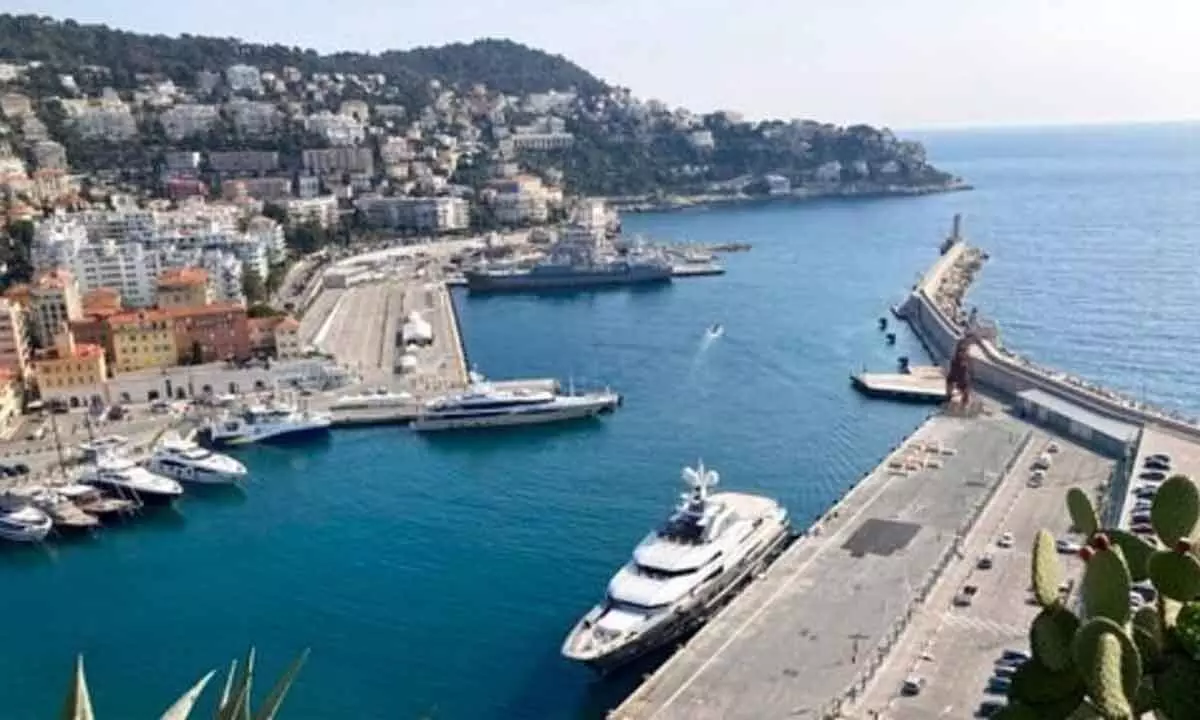Changing face of tourism in post-Covid world
The way many of us live and work has changed because of the pandemic and the way we travel has changed as well. New categories of travel have emerged
image for illustrative purpose

After years of growth and expansion in the sector, the Covid-19 pandemic has had a devastating impact on tourism enterprises, the livelihoods of tourism workers and the communities and countries that rely on tourism. The pandemic and the subsequent restrictions placed on travel and tourism in order to slow the spread of the Covid-19 virus have exposed the fragility of the sector and its vulnerability to shocks. Due to existing structural issues, the high levels of fragmentation in the sector and the interdependence of its businesses – as well as its large share of MSMEs – have meant that the effects of the pandemic on the tourism sector have been amplified. The sector has suffered millions of job losses and worsening of working conditions, with own-account workers, women and young people among the hardest hit and many businesses compelled to close, especially MSMEs. Despite the impact of lockdowns and travel restrictions, the sector has continued to play an important role in society during the pandemic, including in new roles, such as the use of hotels as quarantine centres.
Globally, governments have deployed substantial resources to protect jobs and boost their economies throughout the crisis. Government interventions such as employment retention schemes have mitigated the impact of the Covid-19 pandemic and safeguarded many jobs.
Despite these interventions, many of the tourism sector's businesses and workers – in particular those working in the informal economy and international migrant workers – have fallen through the cracks of government schemes. Many developing countries have not had access to the resources to effectively implement employment retention schemes. While governmental support measures – and in some countries continued domestic tourism – have helped to mitigate the impact on jobs and enterprises, a full recovery will take time and major investment, with traveller and business confidence expected to rebound only slowly over several years. Moreover, without the full recovery of the tourism industry the millions of tourism jobs that are still supported by government retention schemes and reduced hours will remain at risk. The number of MSMEs is also expected to continue to decline as the sector experiences widespread business failures.
Despite the challenges created by the Covid-19 pandemic, the future looks bright for travel and tourism. Across the globe, people are already getting back on the road. Demand for travel is incredibly resilient and as vaccination rates have risen and restrictions eased, travel has rebounded quickly, often led by leisure.
The way many of us live and work has changed because of the pandemic and the way we travel has changed as well. New categories of travel have emerged. The rise of "bleisure" travel is one example – combining elements of business and leisure travel into a single trip. Newly flexible work arrangements, including the opportunity for many knowledge workers to work remotely, have created opportunities for extended travel, not limited by a Monday to Friday "9 to 5" workweek in the office.
The pandemic has also seen the emergence of the "sustainability-conscious" traveller, which means that the aviation industry and others are now facing the challenge of adding decarbonization to their value proposition. The pandemic might have interrupted the global travel experience, but people are slowly coming out of the bubble. Businesses need to acknowledge the continued desire to feel safe when travelling. A Tripadvisor survey revealed that three-quarters (76 per cent) of travellers will still make destination choices based on low Covid-19 infection rates.
As such, efforts to showcase how businesses care for travellers - be it by deep cleaning their properties or making items like hand sanitizer readily available - need to be ingrained within tourism operations moving forward.
But travel will also evolve in other ways, and as an industry, we need to be prepared to think digitally, and reimagine our use of physical space.
Hotels will become dynamic meeting places for teams to bond in our new hybrid work style. Lodgings near major corporate headquarters will benefit from an influx of bookings from employees convening for longer periods. They will also make way for the "bleisure" traveller who mixes business trips with leisure. Hotels in unique locales will become feasible workspaces. Employers should prepare for their workers to tag on a few extra days to get some rest and relaxation after on-location company gatherings.
Beyond the pandemic, travellers will also want to explore the world differently, see new places and do new things. While seeing the top of the Empire State building has been a typical excursion for tourists in New York city, visitors will become more drawn to intimate activities like taking a cooking class in Brooklyn with a family of pizza makers who go back generations. This will undoubtedly be a significant area of growth in the travel and tourism industry.

